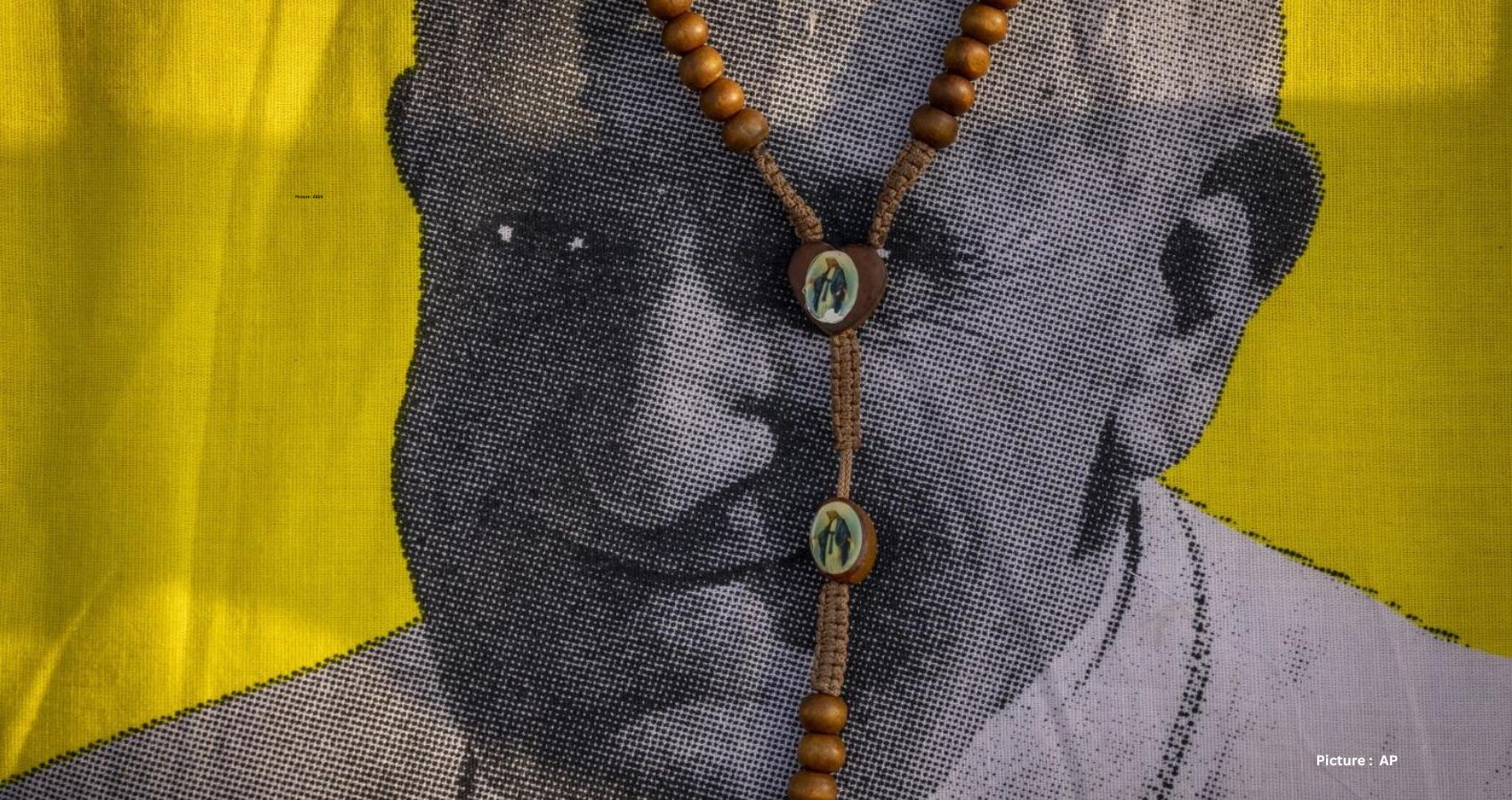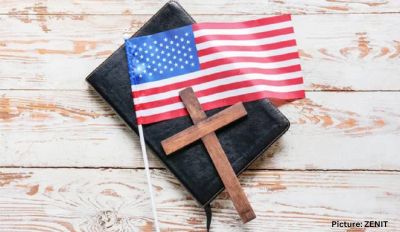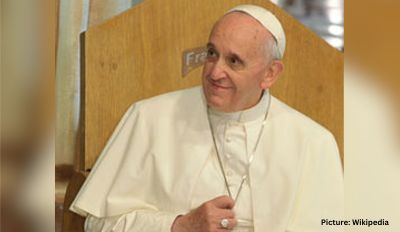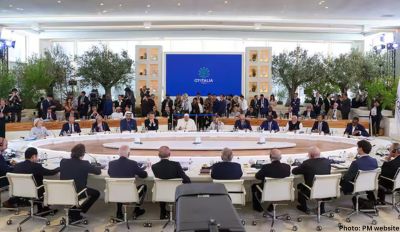In a remarkable display of resistance against Pope Francis, certain Catholic bishops in Africa, Poland, and other regions assert their refusal to implement the new Vatican policy endorsing blessings for same-sex couples. The reactions underscore the continued polarization of the issue and the persistent resistance from traditionalist and conservative Catholic leaders to Francis’ decade-long endeavor to foster a more inclusive environment for the LGBTQ+ community.
Bishops in Africa, home to 265 million Catholics, a quarter of the global Catholic population, voiced some of the most robust opposition. Many Catholics in these regions live in societies where homosexuality is condemned and illegal. Out of the 54 countries in Africa, 31 criminalize homosexuality, the highest of any continent, according to the Human Dignity Trust, an organization advocating for LGBTQ+ rights.
Zambia’s bishops conference categorically stated that same-sex couple blessings would not be implemented in Zambia. Malawi’s bishops conference echoed a similar sentiment, emphasizing that blessings for same-sex unions would not be allowed. Both countries have stringent anti-gay laws, with severe punishments, including long prison sentences.
Zambian bishops called for “further reflection” on the blessings, citing the country’s anti-homosexuality laws and cultural heritage that rejects same-sex relationships as reasons for their decision. In Poland, known for its conservative stance, the bishops conference, one of the most conservative in Europe, announced it had no intentions of providing blessings to same-sex couples. They reiterated that marriage is exclusively the union between a man and a woman, condemning sexual acts outside of this union as “always an offense against God’s will.”
The Vatican’s doctrinal office issued a document titled “Fiducia Supplicans,” asserting that blessings could be extended to people in same-sex relationships without being confused with the marriage ritual. However, the document reaffirmed that marriage remains a lifelong union solely between a man and a woman. This announcement marked a reversal of the 2021 statement that ruled out blessings for same-sex couples, stating that God “cannot bless sin.”
The U.S. bishops conference sought to downplay any shift, emphasizing that the church’s teachings on marriage remained unchanged. They clarified that the announcement articulated a distinction between liturgical (sacramental) blessings and pastoral blessings, the latter being for individuals seeking God’s grace in their lives.
Notably, Cardinal Gerhard Müller, a German cardinal and former head of the Vatican doctrinal office, criticized the declaration as “self-contradictory.” He argued that the church cannot celebrate one thing and teach another, highlighting the tension within the Catholic leadership regarding the acceptance of same-sex relationships.
Bishops from Nigeria, Ghana, Kenya, Madagascar, and South Africa issued public statements clarifying that the new policy did not signify official recognition or acceptance of same-sex relationships. The prevailing sentiment among many was a fear that this move signaled a step toward the Catholic church embracing homosexuality.
Nigeria’s bishops reassured the faithful that the Catholic Church’s teaching on marriage remained unchanged, explicitly stating that there was no possibility of blessing same-sex unions and activities. In Mali, a priest expressed disagreement with the Vatican’s decision, emphasizing that it pertained solely to the Vatican, not to the local church.
In the United Kingdom, an organization representing 500 Catholic priests released a signed letter reaffirming the Church’s teachings on marriage and same-sex unions to address widespread confusion. In Zimbabwe, where anti-gay laws are in place, LGBTQ+ rights activist Chesterfield Samba anticipated resistance from some church branches and believed the declaration would not alter the stance of Zimbabwean same-sex couples ostracized by the church.
The Southern African Catholic Bishops Conference, based in South Africa, where same-sex marriages are permitted, appeared to welcome the possibility of blessings for gay couples. However, they clarified that their interpretation was that the blessing was done with the hope of conversion, reflecting the complex perspectives within the Catholic hierarchy on LGBTQ+ issues.











